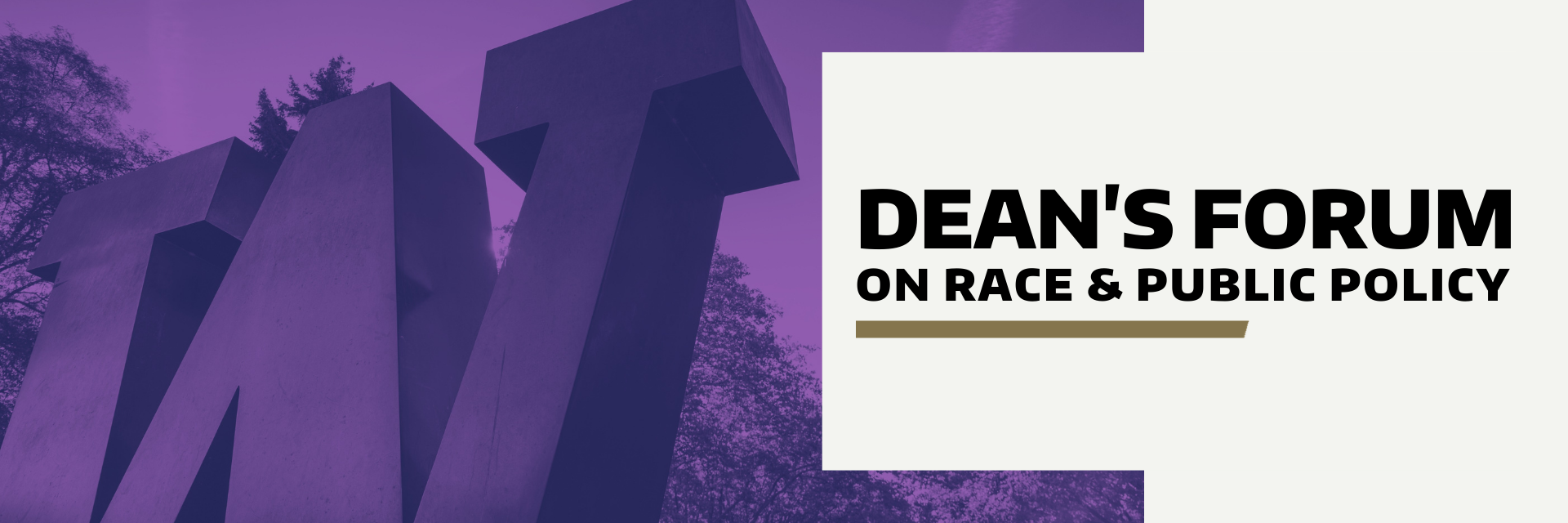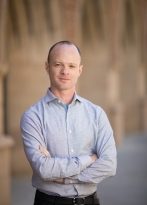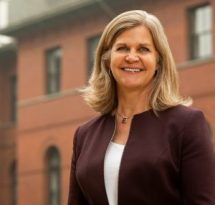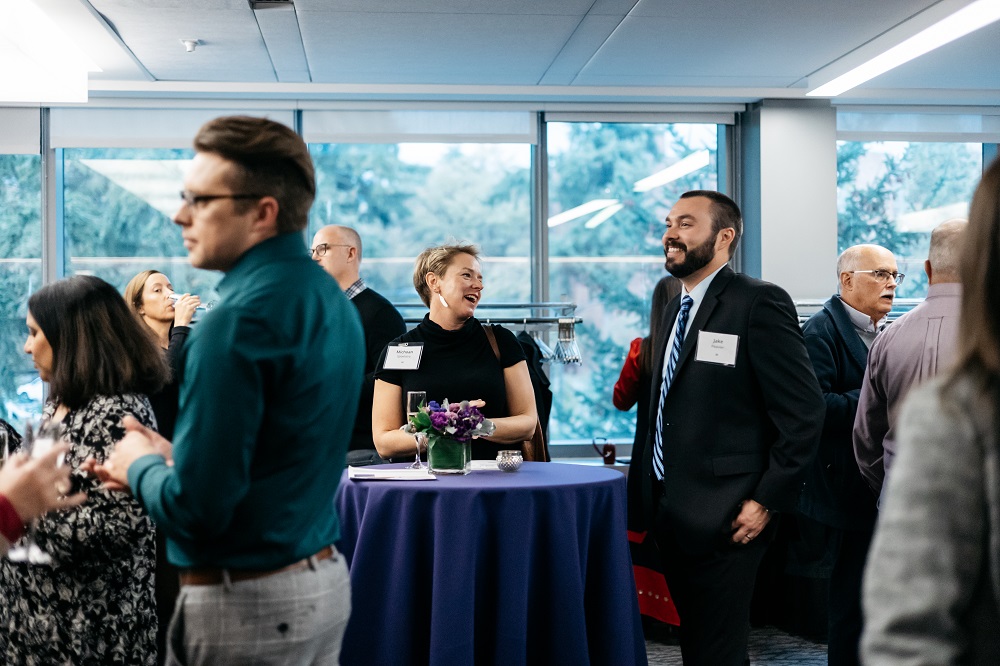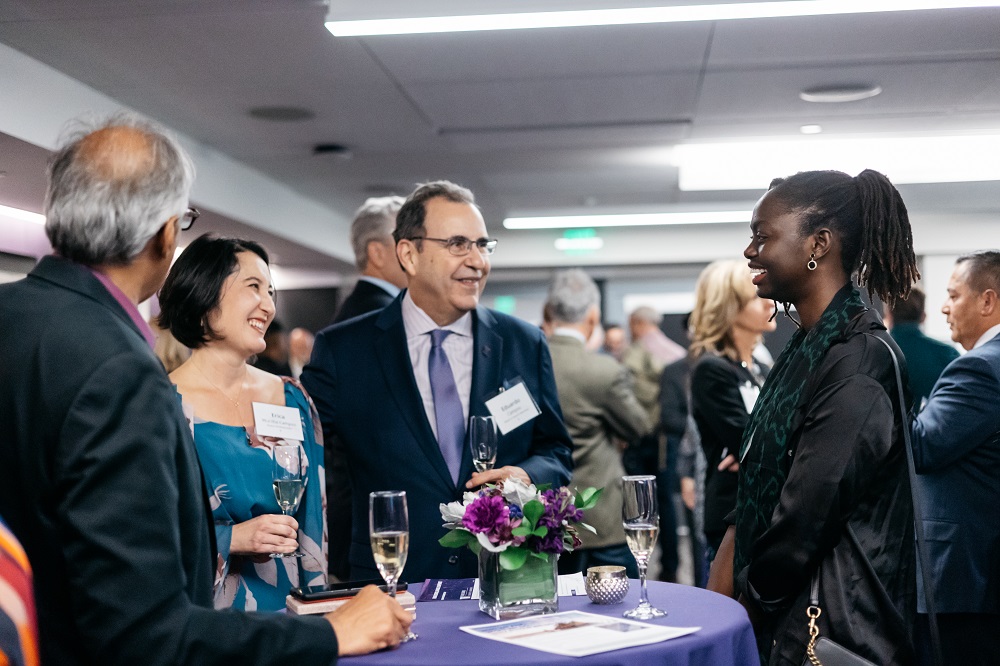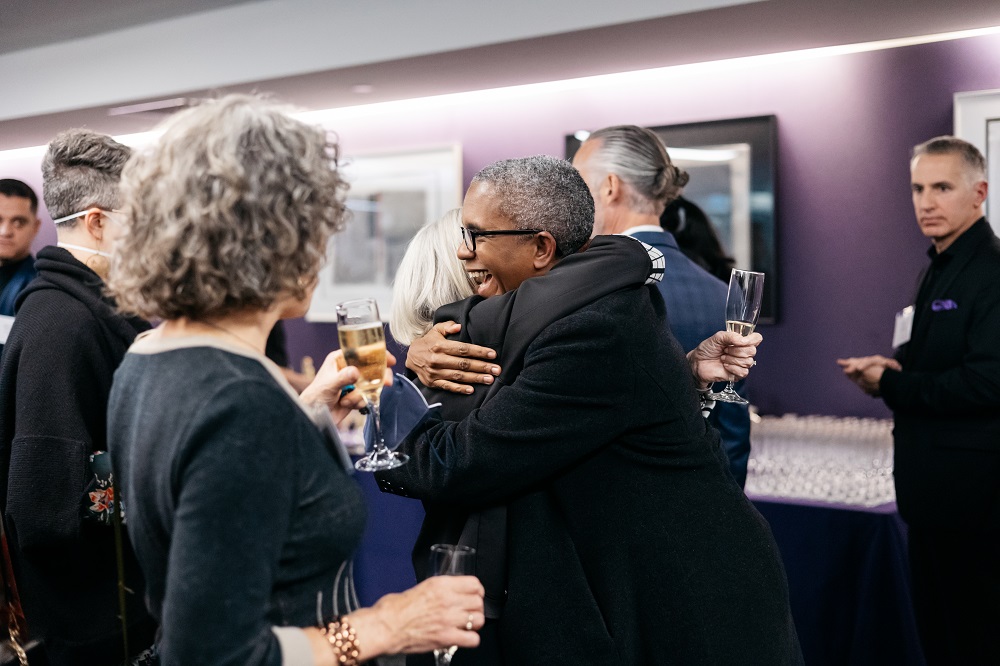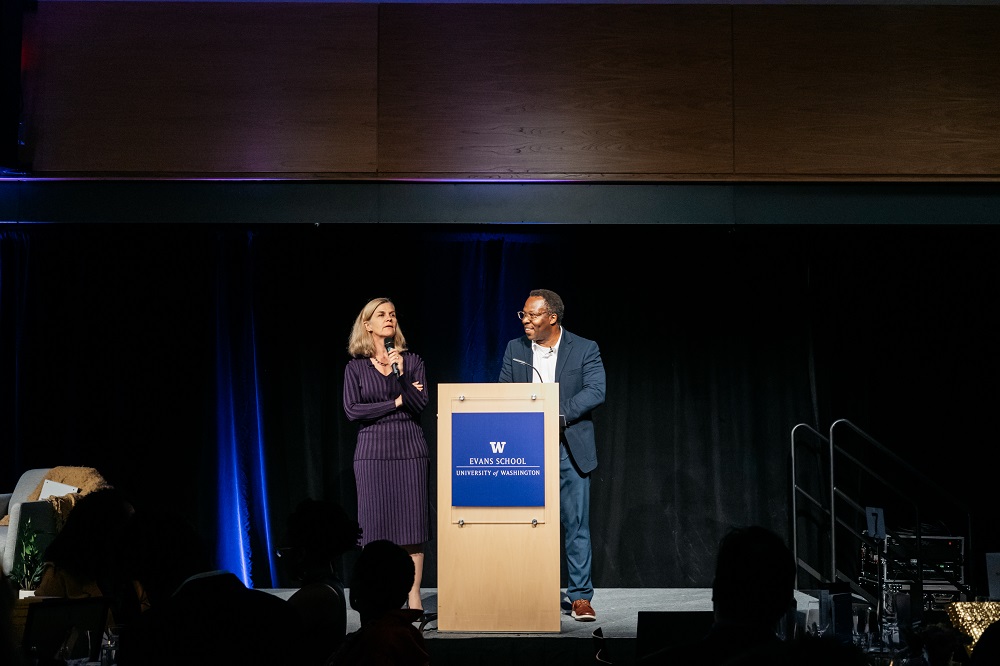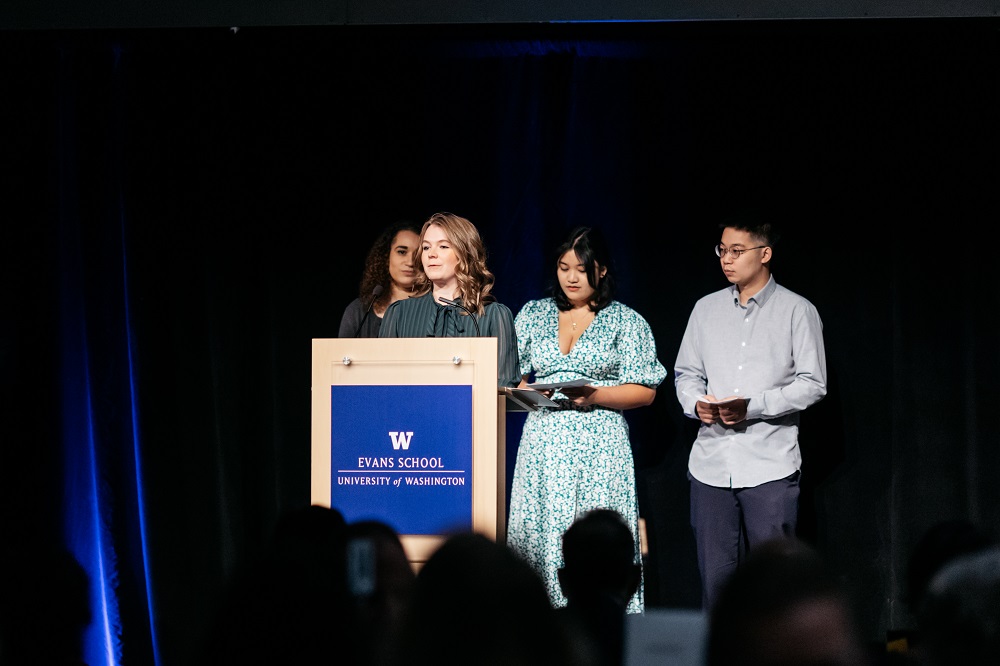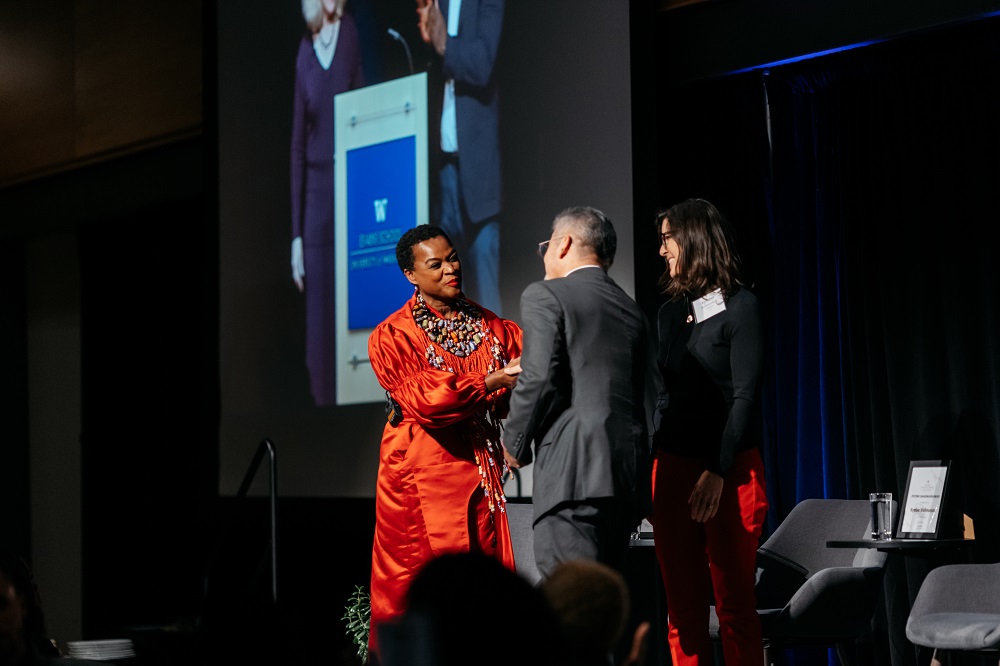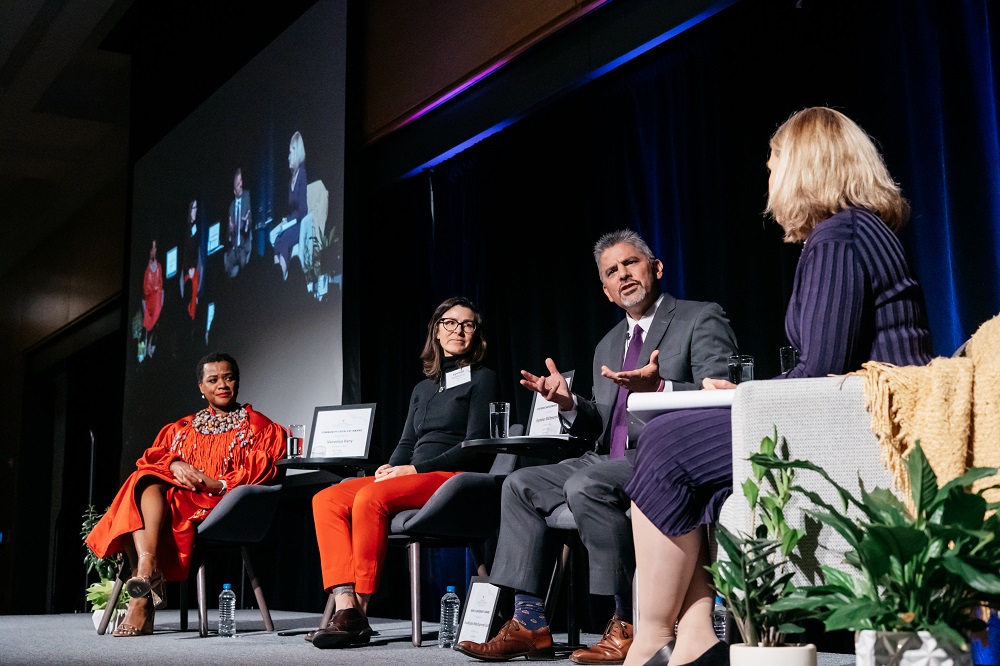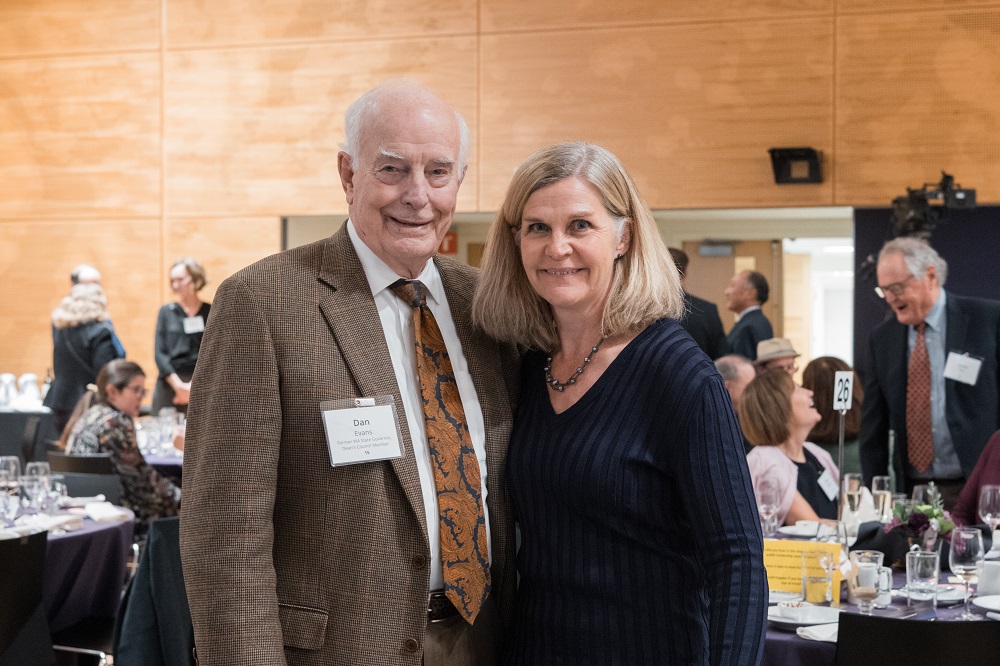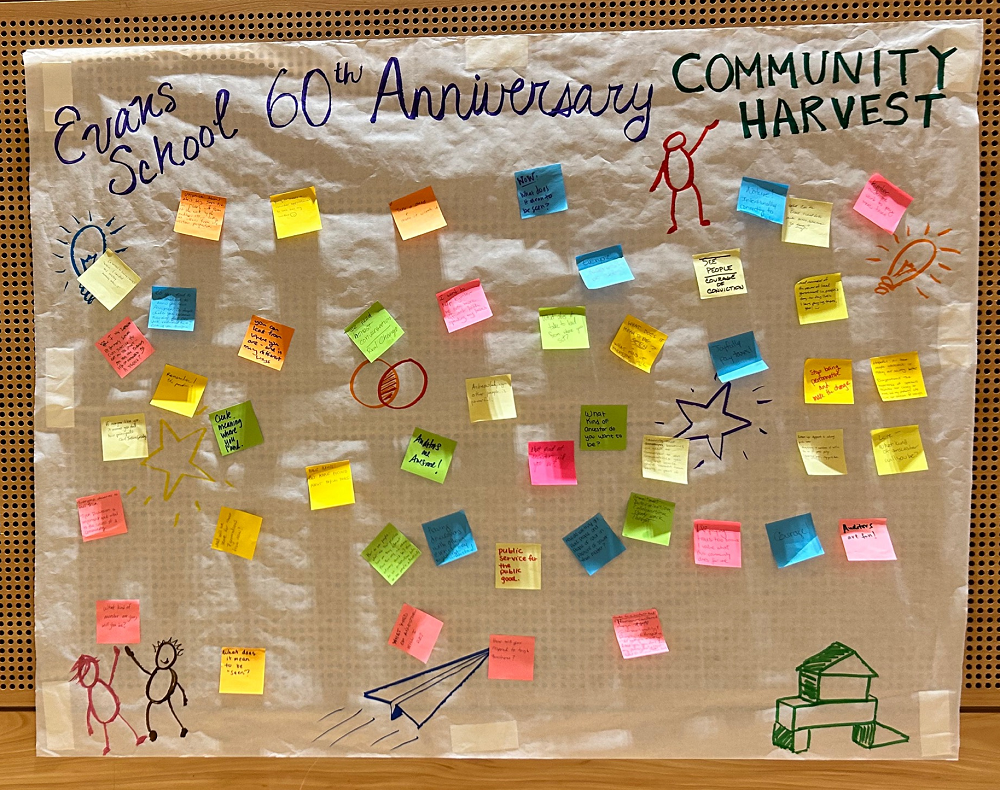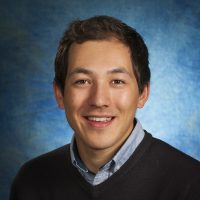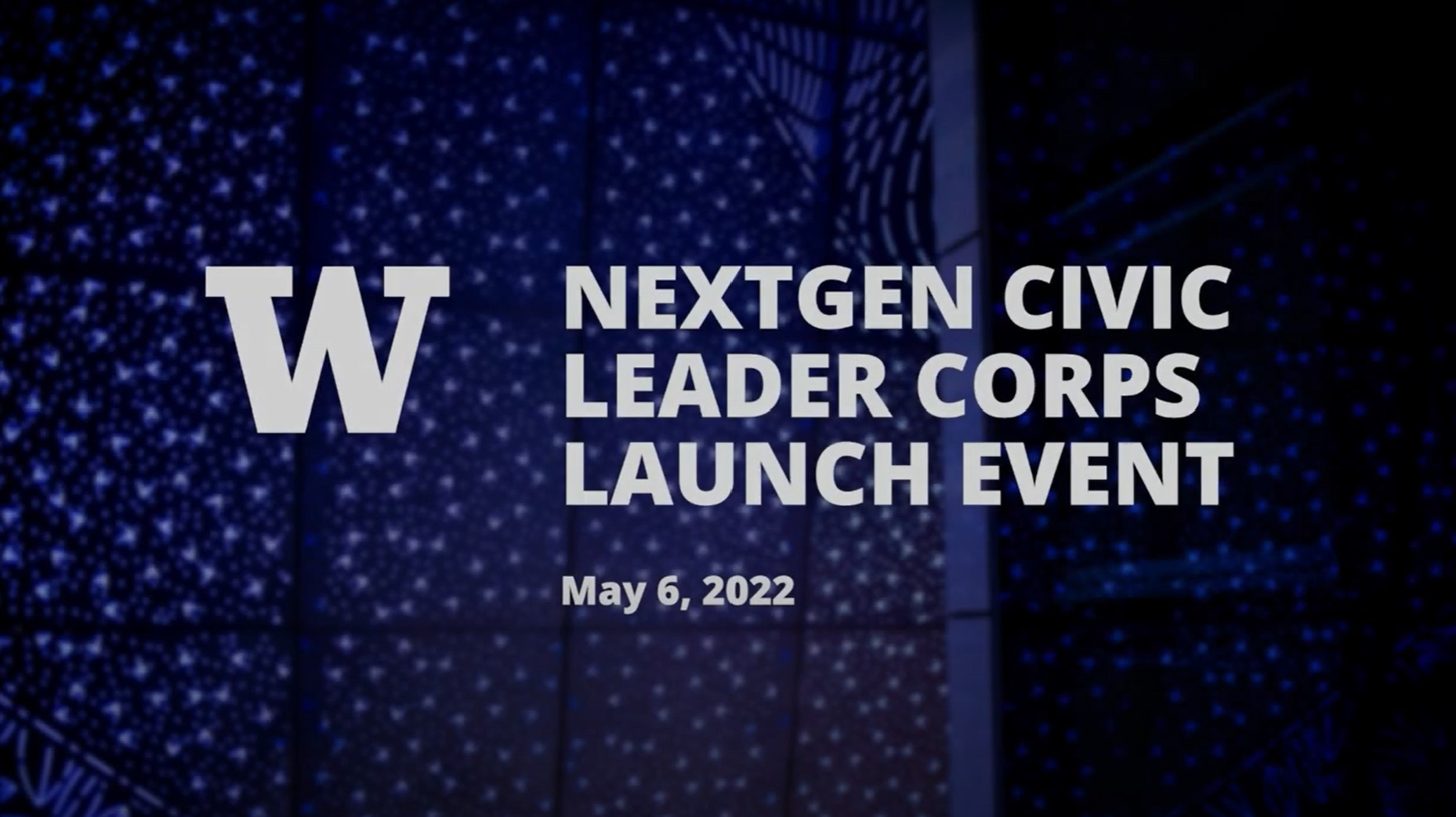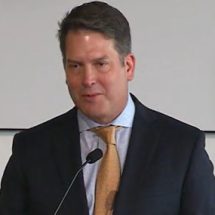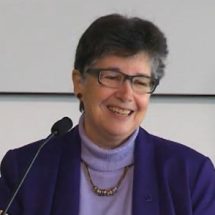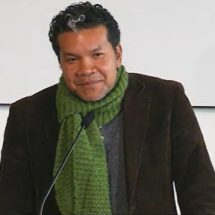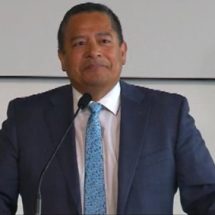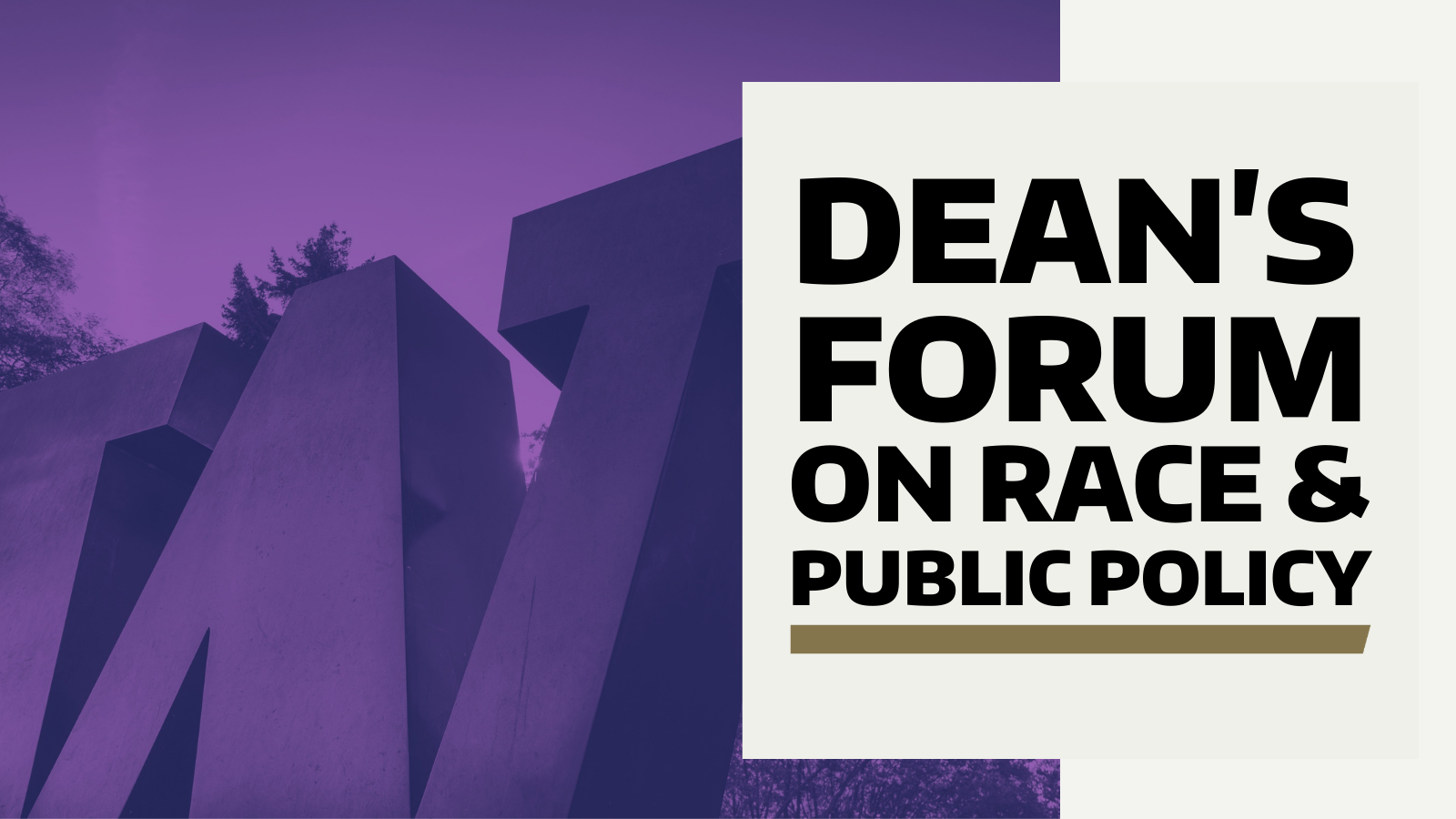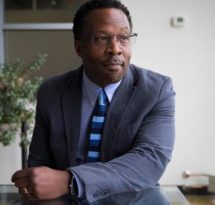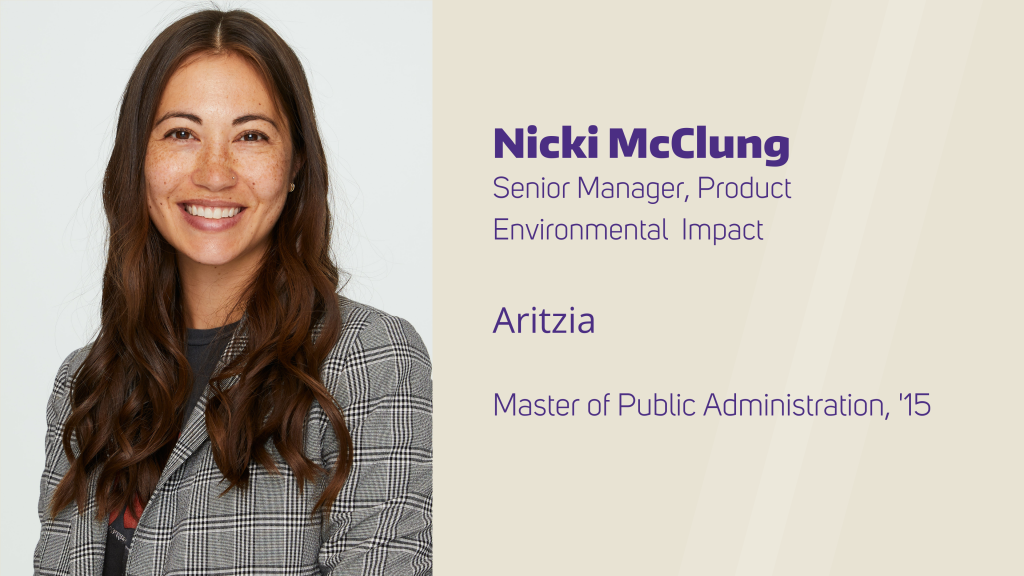Can you tell us a little about yourself?
My name is Nicki and I use she/her pronouns. I grew up in a tiny town in the foothills of the Canadian Rocky Mountains. I am of mixed Japanese/Irish ancestry, which was a bit of a novelty where I grew up. My undergrad is in accounting and finance, and after a couple of years living and working in Banff, Alberta, South Korea, and Australia and doing some travel in between, I landed in Seattle with my then-boyfriend trying to make it in a new city.
Fast forward a few years and I left Seattle in the middle of the pandemic to relocate to a small ski town in British Columbia with my husband, two kiddos, and dog. I work remotely with Aritzia, a contemporary women’s wear brand based out of Vancouver, BC, and whenever I can, I’m biking, skiing, or somehow enjoying the outdoors with my family.
What contributed to your decision to pursue an MPA degree? Was there a defining moment in particular?
When I moved to Seattle, I thought I would have no trouble finding a role in my field. With the boom in tech, and my corporate finance and accounting background, surely someone would sponsor me.
My theory proved to be wrong.
I wanted to go back to school to have work eligibility primarily, and someone suggested I look into an MPA. For me, I already had worked in huge corporations, I could make a business case, I could operate easily in the private sector, so an MBA seemed redundant.
The MPA program was like an MBA but with the lens of impact and social justice. Through the wonderful support of the admissions team at Evans, I was able to determine it was the right fit for me, and they helped me through the process.
Looking back on your Evans School experience, what stands out as being particularly impactful while you were a student?
So much changed during my time at Evans, both personally and professionally. There were a lot of social and political changes happening during that time. George Zimmerman had just been acquitted in the homicide of Trayvon Martin, and Michael Brown and Eric Garner were murdered months later. The conversation shifted dramatically I found, especially as a newcomer to the US, from bi-partisan politics to the deep and entrenched racism prevalent in the country (and bi-partisan politics).
I learned so much from my professors and cohort at Evans. I’m still learning, but my time at Evans shifted my perspective. I finally had the opportunity to embrace my own identity and my intersectionality. I began to work through the questions and traumas of my own experience, and it has helped me immensely in my career, as a leader, and community member.
Can you share a bit about the work you are currently doing and what a typical day in your work looks like?
I currently work on the sustainability team at Aritzia. Officially I am the senior manager of product environmental impact, but my scope includes beyond just product. I’ve been working on what our climate strategy looks like, both from a high-level organizational view and then specifically what we are doing along parts of our value chain.
My days are nicely varied, but it’s a lot of internal and external stakeholder engagement – and report and memo writing! Thanks, Evans!
As an MPA working in the private sector, how has your Evans education contributed to your work?
Other than the stakeholder engagement and writing pieces I already mentioned – probably critical thinking! Specifically how to dig into the sources of information, and not cherry-pick data! Embracing the data – good and bad – is so hard to do but Evans taught me how to work through that.
I think something else that I credit Evans for is the reminder to always think about the bigger impact and the danger of inappropriate interventions.
Can you tell us about some of the work/projects/initiatives you are working on or excited about?
I am so excited about some big projects coming up soon. In the past, many teams worked in silos, with different goals and KPIs, that didn’t all track towards a common objective. Now, we are entering a very exciting phase of being able to set a comprehensive environmental impact strategy. I hope to be able to share more soon!
What are 1 or 2 resources that inspire you personally or professionally?
Overdressed: The Shockingly High Cost of Cheap Fashion by Elizabeth Cline is probably one of the most realistic portrayals of how products are made and what factories are like. It doesn’t tell the whole picture, but it’s a great primer for anyone interested in the industry.
This New York Times piece on organic cotton is super fascinating and extremely relevant to my world: That Organic Cotton T-Shirt May Not Be as Organic As You Think.
Harvard Business Review’s article The Myth of Sustainable Fashion is a little depressing, but some good guiding principles.
